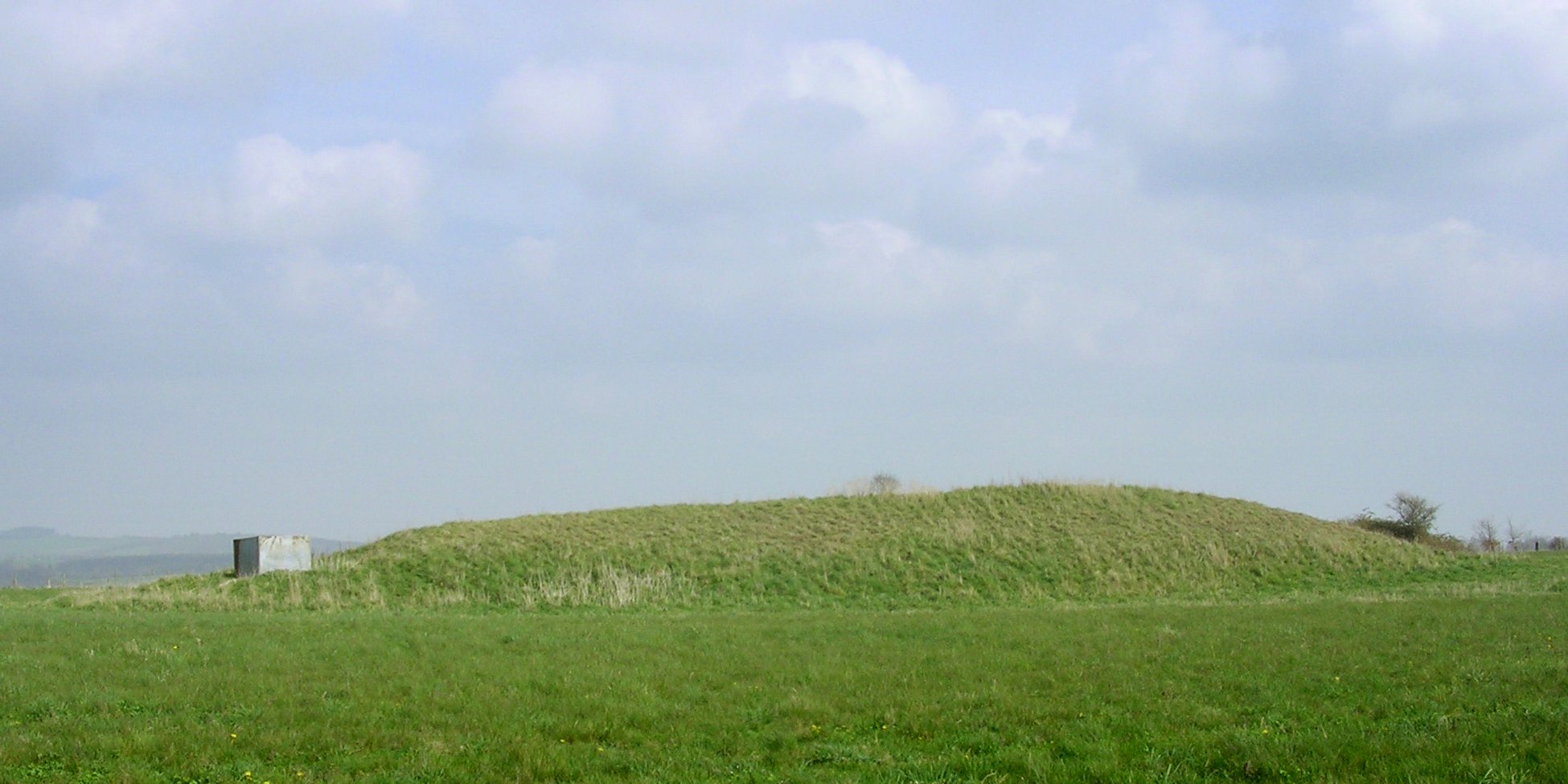- 200 years
- Study
- International
- Business and employers
- Research
- About us
Dr Ben Edwards comment on Heritage at Risk survey

"Gussage down long barrow" by Jim Champion. Licensed under Creative Commons
ANCIENT burial mounds known as barrows are among the heritage sites most at risk in the UK, according to a new survey by Government heritage agency Historic England.
In response, archaeologist Dr Ben Edwards, Senior Lecturer in History at Manchester Metropolitan University, has called on the public and policymakers to focus on protecting these important historical resources.
Dr Edwards said: “Barrows, or burial mounds, date from the beginning of the Neolithic (4000BC) right through to the Anglo-Saxon period. They are important because they are often the only evidence we have for the way the dead were buried.
“Archaeological excavation of these mounds can provide us with a wealth of information, from the rituals and beliefs surrounding the burial of the dead, to the diet and health of those who were buried. Barrows are also an important, evocative and visible element of our shared national heritage."
"Fragile and limited resource"
Dr Edwards continued: “Today’s announcement by Historic England, on the threats facing barrows in our countryside, should focus the minds of the public and policymakers on the importance of protecting this very fragile and limited resource.”
This summer, Dr Edwards was one of a team of archaeologists from Manchester Met who carried out an excavation of the ancient Welsh burial site Bryn Celli Ddu.
The team explored the site’s Neolithic rock art and held a public open day and celebration.
To find out more about the Heritage at Risk project, visit their website.
For more information about studying history at Manchester Metropolitan University, visit the department's webpage.
Notes for journalists
Dr Ben Edwards is available for comment, please contact Kat Dibbits in the Manchester Metropolitan University press team on 0161 247 5278 or email K.Dibbits@mmu.ac.uk.
Tuesday, 20th October 2015
